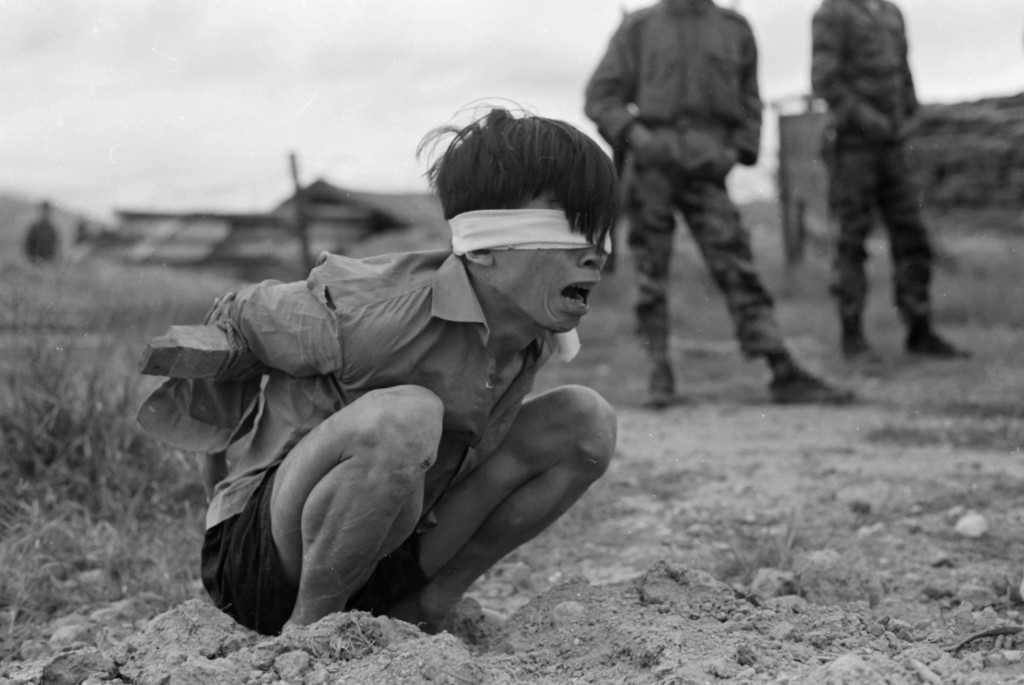- We have launched a beautiful set of 16 infographics, each explaining one of the key human rights protected by law. You can see them all here and the Article 3 infographic here
Article 3 of the European Convention clearly and unequivocally spells out the absolute prohibition of torture and other cruel, inhuman or degrading treatment. Torture has been legal all around the world for centuries. Only after World War II was its prohibition finally recognised as a fundamental international value by the 1944 Geneva Conventions and the 1948 Universal Declaration of Human Rights.
This means that nowadays nobody can torture, ever – not even Jack Bauer trying to save thousands of lives from a bomb about to explode. Also, less severe forms of ill-treatment are banned if inhuman or degrading, as we cannot be treated in ways which violate our human dignity and cause physical or mental suffering.
The obligation not to torture also has positive implications, as governments must actively ensure that torture and ill-treatment never happen and carry out effective and accurate investigations if they do.
Thanks to Article 3, the beating up of children was made illegal, disabled people are more effectively protected from ill-treatment and rape allegations are to be taken seriously by the police (and that’s just three landmark cases).
Unfortunately, the values enshrined by Article 3 remain only an aspiration in much of the world. As our infographics show, the majority of countries still use torture in practice (141 out of 196, according to Amnesty International) and some even try to normatively justify it (especially in the allegedly exceptional circumstances of the war on terror). Even in Europe, as many as 21 states – including the UK – have repeatedly violated the prohibition of torture and some have attempted to challenge its absolute nature.
Today more than ever it is crucial to strongly re-assert that torture is always and absolutely wrong, no matter what, and Article 3 lies thus at the very heart of our human rights protections.







